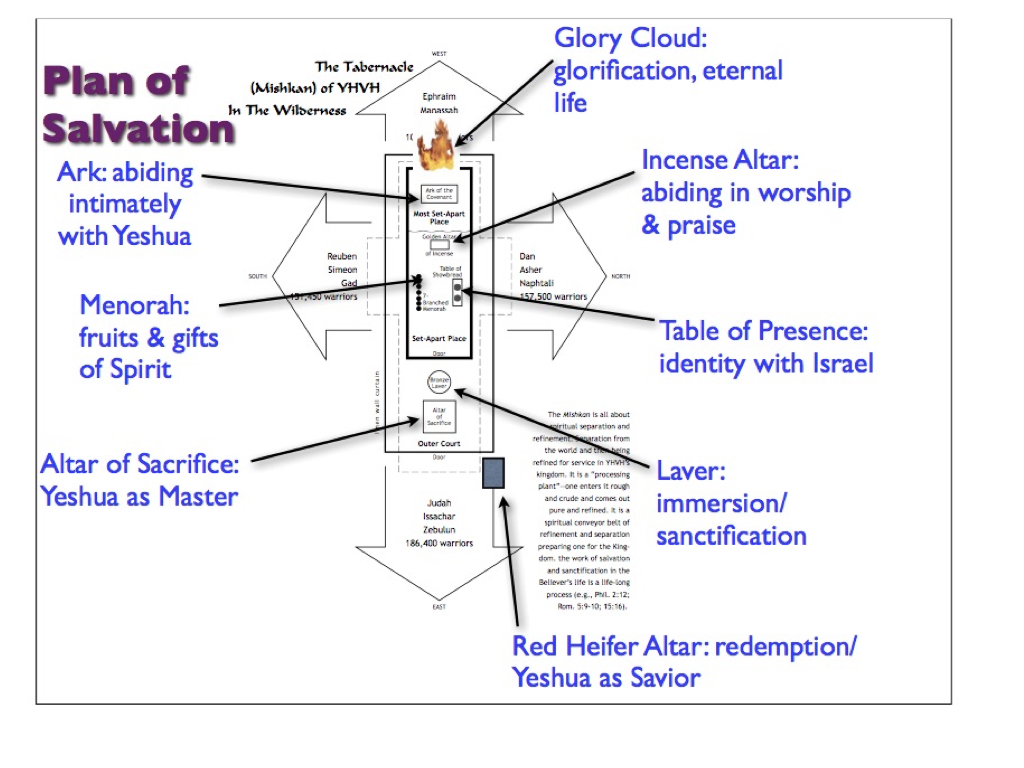
As we celebrate the new biblical year and prepare to celebrate YHVH’s biblical feasts starting with Passover in just under two weeks, I’m reminded of several important things that the children of light would be wise to reflect upon.
Finally, brethren, whatever things are true, whatever things are noble, whatever things are just, whatever things are pure, whatever things are lovely, whatever things are of good report, if there is any virtue and if there is anything praiseworthy—meditate on these things. (Phil 4:8)

Even though the world around us is like a full swirling toilet bowl about to be flushed in light of all the economic, political and terrorist woes not to mention the most recent imminent threat of plague and pestilence, it is time for the children of light to look up!
Yeshua said, “Now when these things begin to happen, look up and lift up your heads, because your redemption draws near.” (Luke 21:28)
As children of the light, we are neither to be ignorant of the times and season in which we are living (geo-politically) nor of YHVH’s appointed times and festival seasons as well. In fact, we’re to comfort ourselves and others with this truth!
You are all sons of light and sons of the day. We are not of the night nor of darkness. But concerning the times and the seasons, brethren, you have no need that I should write to you. For you yourselves know perfectly that the day of the Lord so comes as a thief in the night. For when they say, “Peace and safety!” then sudden destruction comes upon them, as labor pains upon a pregnant woman. And they shall not escape. But you, brethren, are not in darkness, so that this Day should overtake you as a thief. Therefore let us not sleep, as others do, but let us watch and be sober. For those who sleep, sleep at night, and those who get drunk are drunk at night. But let us who are of the day be sober, putting on the breastplate of faith and love, and as a helmet the hope of salvation. For God did not appoint us to wrath, but to obtain salvation through our Lord Yeshua the Messiah, who died for us, that whether we wake or sleep, we should live together with Him. Therefore comfort each other and edify one another, just as you also are doing. (1 Thess 5:1–11)
Why are YHVH’s feast so important to celebrate? To answer this question, let’s ask another question. Why are anniversaries, birthdays, national holidays and the like important to people and cultures worldwide from time immemorial? Because they commemorate important events in people’s lives. This being so, let’s ask another important questions: Why doesn’t the Christian church do the same by celebrating YHVH’s appointed times or biblical festivals? If anniversaries, birthdays and national holidays are so important to most people, then how much more important are YHVH’s seven biblical festivals for the following reasons:
- They reveal the seven steps in YHVH’s plan of salvation.
- They commemorate important events in the past, present and future of the lives of the people of Elohim.
- They are commanded by the Creator for his saints to observe.
- They were celebrated by the saints that went before us including Yeshua, the apostles and the saints of the early book of Acts church.
- They will be celebrated again in the thousand year long millennial reign of King Yeshua the Messiah after his second coming.
So what unbiblical reasons (i.e. excuses) do you have for not celebrating YHVH’s seven biblical feasts, or are you ready to take the to take the bold next step in knowing Elohim and to walk as Yeshua walked?
Now by this we know that we know Him, if we keep His commandments. He who says, “I know Him,” and does not keep His commandments, is a liar, and the truth is not in him. But whoever keeps His word, truly the love of Elohim is perfected in him. By this we know that we are in Him. He who says he abides in Him ought himself also to walk just as He [Yeshua] walked. (1 John 2:3–6)
Onward and upward for the glory of YHVH Elohim!
Hoshana Rabbah has numerous FREE resources including calendars, study guides and other materials to help you to celebrate YHVH’s biblical feasts. We sell nothing (financial donations are appreciated though)!
Articles: https://www.hoshanarabbah.org/teaching.html#feast
Biblical calendars: https://www.hoshanarabbah.org/calendars.html#may20
Additional resources on how to celebrate the biblical feasts on your own or with a group: https://www.hoshanarabbah.org/moedim.html







